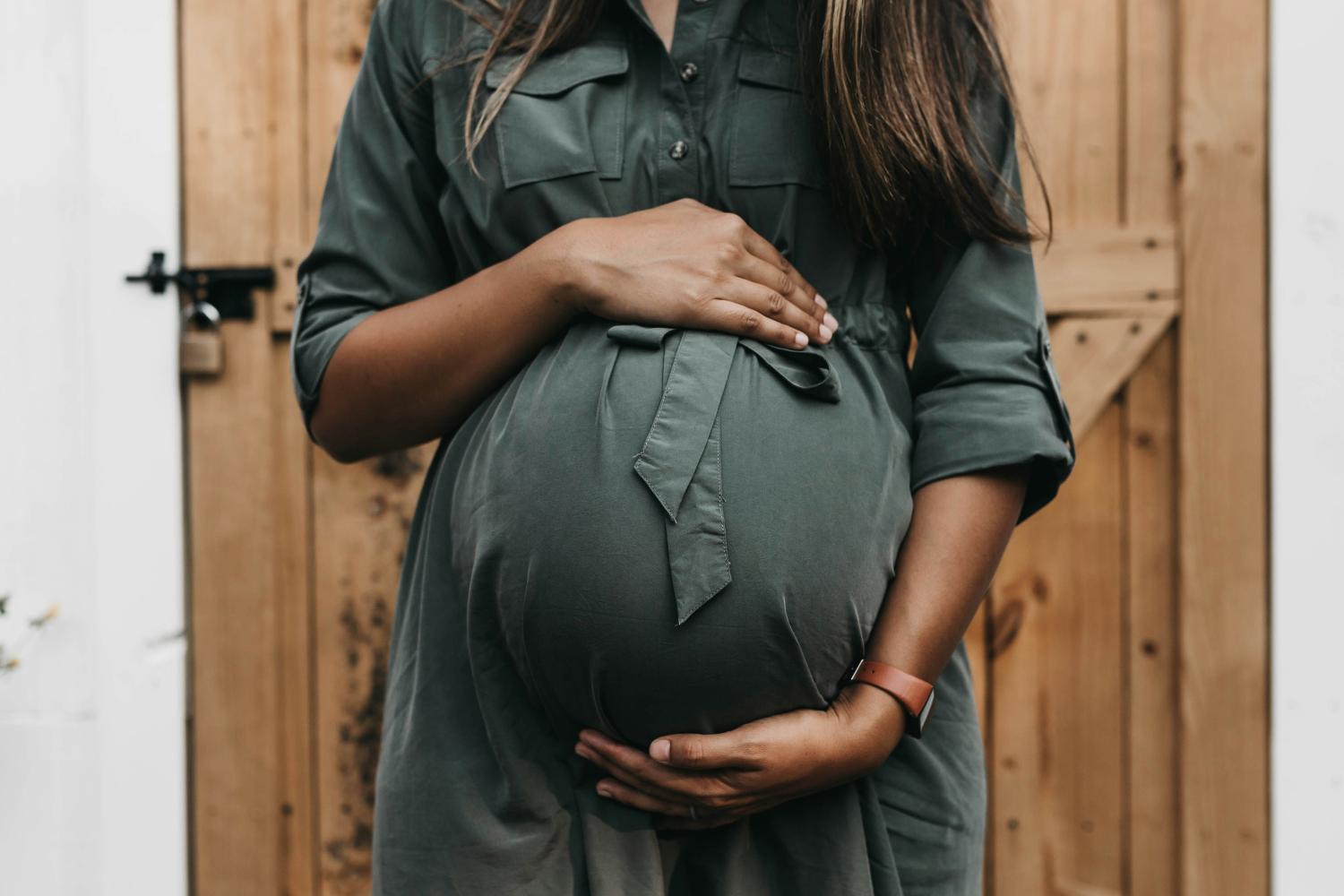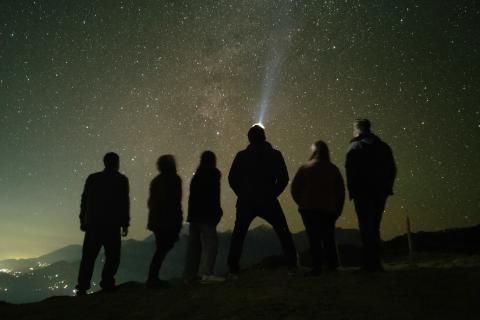
When one hears chatter about “reproductive rights,” the first topics that probably spring to mind are abortion and contraception. But more and more, the question under debate isn’t that of the right not to have a child, but of the right to get one, if a couple can’t do so naturally. The Economist published this piece a few days ago about surrogacy, which has come especially under scrutiny in the last few years, and particularly after Italy recently banned its citizens from having surrogate babies anywhere in the world, making it a crime “on par with genocide and crimes against humanity.”
It's an issue that finds a curious amalgam of supporters and naysayers sharing turf: religious conservatives, as one might expect, tend to oppose the practice, but so do some feminists and other progressives. The former are concerned for honoring the created order of childbearing, but the latter aren’t a million miles away from raising worries on that score, either. Sure, they wouldn’t necessarily articulate their concerns in the same theological terms, but there is an apparent allergy to commodifying a woman and child – even a fully willing, compensated, socio-economically well-situated woman – that speaks to an intuitive awareness that this kind of thing just isn’t the way human beings are supposed to work. Children aren’t some kind of appurtenance to go out and buy if one happens to have the ready money, and women’s bodies aren’t meant to be so brazenly for sale.
To put it another way, “my body, my choice” finds a limit when it comes to this issue: more than just religious folks are feeling strangely about the thought of a couple paying someone else $200,000 to gestate their child. The implications are just a bit too strange, and at odds with the rhetoric all kinds of progressively-minded groups use, which tries to champion every individual’s freedoms: how do we put a dollar amount on any life, after all? Aren’t we just cheapening some lives in doing so, opening the door to a kind of soft slavery where humans help each other use other humans as a means to a personal end? Isn’t that precisely what we’ve been trying to get away from in our history? And, for that matter, what if the child doesn’t meet a couple’s expectations? Do they have a right to “take it back,” if their little one turns out to be a product they no longer want? And isn’t that just a little bit too much autonomy, tripping up the freedom-always-wins rhetoric?
All the same, it’s also true that the demand for surrogate babies is increasing, whatever these objections: The Economist notes that international adoption rates have plummeted, due to some countries’ heightened restrictions and outright bans on the process to protect it from abuses it’s suffered in the past (including egregious ones, like kidnapping and child trafficking). So couples who might have once turned to adoption for a child are having to look at other options instead, resulting in estimates that the global market value for surrogacy will grow from about $14 billion in 2022 to a whopping $129 billion over the next ten years.
And yet, whatever the moral dilemma that figure poses, perhaps there is a good within it also worth marking – namely the deep desire of so many to have a child, no matter the cost, which one could view as another intuitive insight into the great gift and good a human life is. But where the limits of getting that good are drawn – where “my body, my choice” finds an impasse – all of these intuitive insights into the mystery of being human find need of other insights, those that touch an equally deep mystery: the mystery of human suffering, and its meaning in the mind and plans of God. Materialistic philosophies aren’t adequate to explain any of the aspects of our humanity that this question of surrogacy poses. They can’t explain the depth of a man or woman’s yearning for a child, nor our reticence to commodify human beings even if no one’s getting hurt, nor the point of our suffering, especially a suffering as heartbreaking as that of remaining childless when one doesn’t want to be.
On all sides of it, then, perhaps this is an issue that Christians might keep wide awake to, as a place those felt, if not always understood, desires of the human heart are coming to the surface, waiting for affirmation and interpretation: that all of us long to be who we’re made to be, it’s true – that we want to be co-creators in Christ, but we also want to be looked at as the dignified, worthy persons we are, whose lives have purpose even when our plans won’t come to fruition, and when we can’t get what we think we want … that we are persons who are made to be known, comforted, and glorified, in ways we could never have known to expect, with our suffering woven into the crown that’s meant for us.
England has an ancient Catholic past – and a troubled relationship with the Church over recent centuries. Can Catholicism answer that nation’s apparent spiritual decline?
A 700-year-old university chapel, described as “a kind of French history in miniature,” has reopened in Paris after 25 years of closure.
After several years of imprisonment in Russia, Marc Fogel has been released and returned to the United States. During his confinement, his family sustained themselves through the coordinated praying of the Rosary for his safe return.
This spring, the Vatican will host its first-ever summit on longevity, bringing together experts from numerous fields to discuss the ethics and advancements relating to the field.
A miracle before our eyes? Learn about the miraculous image of Our Lady in Argentina that everyone sees (but isn’t actually there).


